Epiphanies
for life
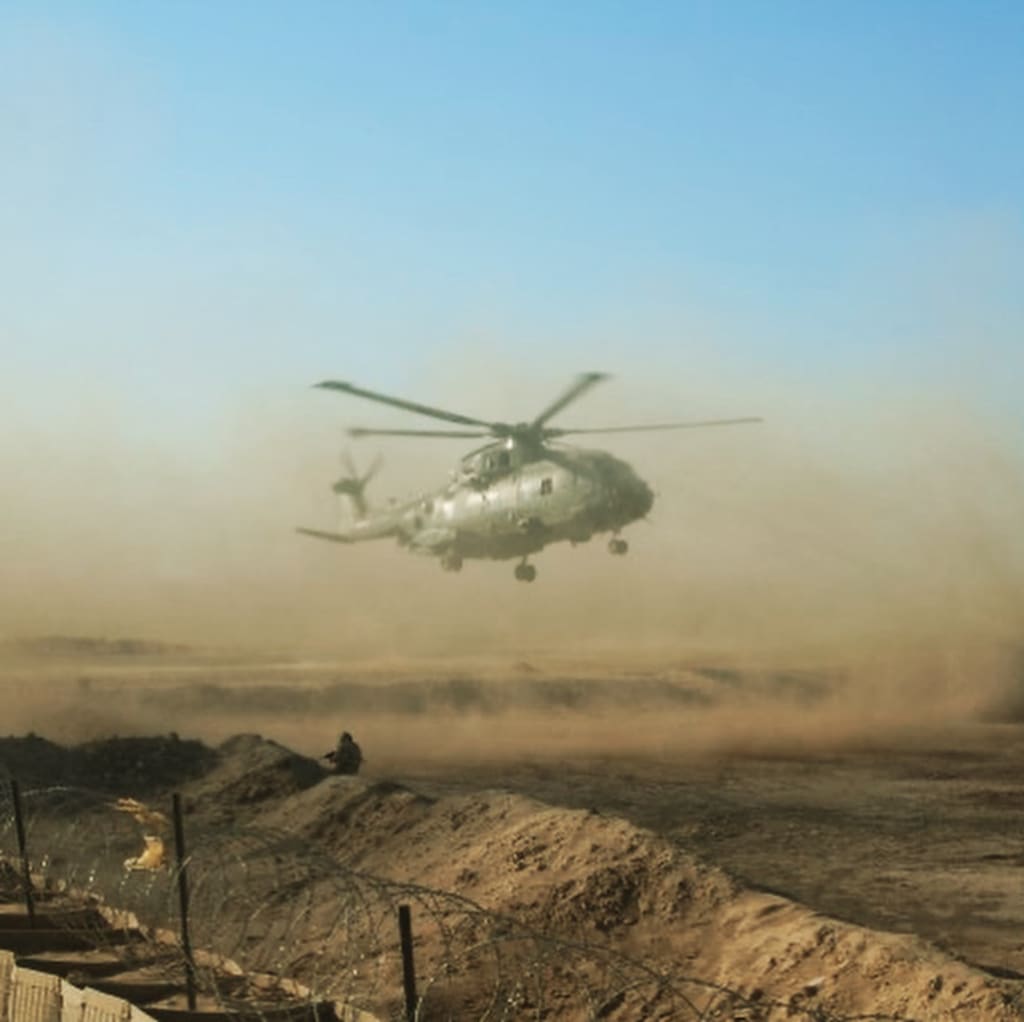
I’d like to tell you about the things I’ve been doing the last week or so and about all the soldiers I’ve rang up and talked to this week, some for the first time since I left Paderborn bound for Chilwell and demobilisation 12 years ago.
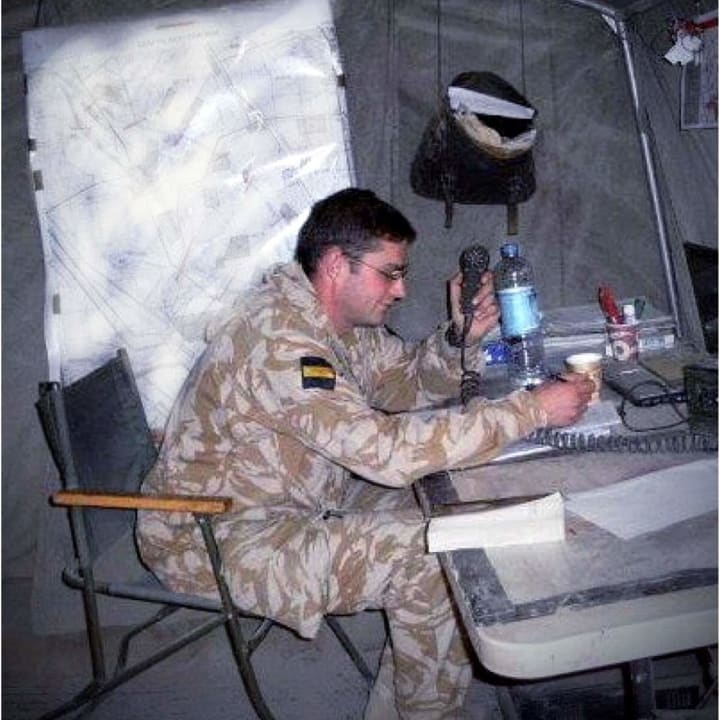
All this began a week ago last Friday when I had my vaccination; I knew there was a 50/50 chance of me getting side effects and not unexpectedly I spent the weekend in bed, necking painkillers at the prescribed times and generally feeling sorry for myself, especially as the jab seems to’ve kicked off my insomnia to a degree I haven’t seen for a long time.
Other than doing stuff that had to be done like feeding and watering the boy and doing washing, I was basically free to feel shit and write or watch stuff on YouTube.
So, YouTube it was and I found myself watching a 95 year old WW2 veteran sit down with a 34 year old veteran of the wars of the early 21st Century.
And it was amazing to see these two men, separated by 60 years, talk about how war and peace made them who they are, all the horrific experiences and all the drunken nights with the lads, all being spoken with complete and dark honesty.
No embarrassment at talking about suicide attempts or shying away from some really hard conversations, the younger veteran opened up as to what the depths of chaos feel like.
He went on to grow a business and start a podcast.
The podcast is him and his friends (to start) who he served with in RGR and 2 Rifles, discussing in pretty graphic detail the circumstances of the casevac and proceeding firefight; a dude who got brassed up by a PKM in an elevated position whilst he was in the open, talks with Nico about how he remembers rolling to try to get away, already shot.
The PKM gunner obviously decided that he didn’t want to be taking any ammo home that day and unloaded, in one continuous stream, the entire belt at this poor Tom who’s just trying to survive at this point.
He takes multiple rounds through various parts of his body, including through his armour and miraculously survives.
The mad PKM gunner is either silenced or withdraws and the lads start immediate suppressive fire, manoeuvring to take out the enemy who have managed to ambush them.
They get a MERT Chopper in and he’s away on a trip that will end back in the UK, and take him through rehab and going back to Battalion, to the quarters at the end of camp where the wounded lads can’t be seen and can’t move from easily without their mates.
These are the sorts of conversations we need to be having about not just the soldiers who have fought our political will for decades, but about the aftercare and all things mental health.
Why can’t we have an open, honest, rational conversation about some dark things that some people seem to get all offended by?
If you don’t like listening when the adults are talking then that’s fine, this page most definitely isn’t for you, but for the rest of us let’s start talking about all the things that we’ve been told not to, or those things that we just didn’t know about half as well as we do now.
It is our responsibility as the current crop of men and women who have gone to war and come back, to educate the civilian communities and to help them to understand just what being on deployment is like; that you become so tuned in to operating in that environment that coming home feels like you’re in the wrong place and for the first few weeks I’d panic momentarily as my hands automatically checking things, couldn’t find my rifle.
Someone I know after being mortared heavily on tour would be on the ground and rolling for hard cover as soon as an exhaust backfired.
His reflexes were continuing to keep him alive, even when his body was thousands of miles away from where those mortars came from. He’d get up, and make a joke about it, and then beast you around the block.
I’ve talked to almost 20 blokes over the last week. Some have phoned me and we’ve spent an hour catching up and others have chatted via messenger apps.
I reached out to all of them because I had some epiphanies whilst binge watching YouTube videos. See, I let myself watch stuff that normally brings up painful memories for me because I can’t go and do it anymore.
I watched all the old 80’s, and onwards, documentaries about the army.
Stuff like following a cadre of guys on the Platoon Sergeants Battle Course which is a multi week leadership course to qualify soldiers to hold that position back in their battalions.
I watched all the old lessons that I’d been taught, played out on a windswept, cold and rainy Brecon mountainside and I realised how much it seemed like DBT, the Dialectical Behaviour Therapy course I’ve been doing.
So, hear me out and I’ll explain my thinking behind this.
As a soldier you’re taught a vast array of different drills for “if X happens then you carry out Y attack” and Immediate Action drills to respond to an ambush for example. There’s a set of options drilled into you during training and promotion courses, that are your tools in order to carry out your job and become instinctive.
What you do when attacking a trench system, what to do when carrying out a night Close Target Recce, what to do during a section attack and a thousand other elements of knowledge, skill and experience sit in your mental file system ready to be brought out in time of need.
You're taught all about your job, the guys job next to you and your superiors job, because the only certainty in life is death and for Infantry troops going into combat that’s as true now as it ever was.
My DBT course has treated the subject in very much the same way it would be taught in the army, just without as much bitching and swearing.
You're taught everything you need to know about why your brain and body are reacting and acting in ways contrary to you being in a good headspace, why that is and then possible ways to remedy the crisis.
That to me seems like Explain, Demonstrate, Imitate, and Practice.
Teach the subject, show the students how to do it, get them to do it, and then send them away for practice.
Exactly the same and when you look at mindfulness as situational awareness and battle space appreciation it starts tying in right?
I think that all soldiers have already been taught the pillars of DBT but they don’t know it yet.
If they realised this then when they’re in that dark and depressive headspace that so often leads to suicide they could use those tools along with some outside assistance to heal their traumas and to regrow their neural pathways due to the plasticity of the brain.
Just because you’re injured, it doesn’t mean your life is over but you may have to adapt.
I will never get rid of my BPD, that’s just not how it works but I can arm myself with knowledge and learn how to quell my impulses and rage tendencies and gradually turn what I thought were flaws into weapons that I can use to empower myself and others, through my primary therapy tool.
Writing.
You’re all part of my plan to manage my emotional rollercoaster of a mind and to harness it.
The only jobs I’ve ever enjoyed were as a Nursing Auxiliary on busy nights and being an Infantry soldier out on the ground and operating at the same level as most of my regular army peers. I took huge amounts of satisfaction in both but it’s time for me now to tell the stories of soldiers instead of out on patrol with them.
To get back to the original point of this post; I realised all of the above and then started thinking like I would on a military course and turning it in my mind until I could see how to do it. I bawled my eyes out when the fog cleared and spent the next 24 hours feverishly, and slightly manically it has to be said, contacting blokes and asking them how they were, listening to how hard it’s been for some of them and in turn relating my 12 years of trauma and finally post traumatic growth.
I suddenly realised what I could do and it was so obvious that I was properly angry at myself to start as it genuinely seemed impossible that I’d taken this long to work it out.
I can not only kickstart my own career as a writer but perhaps I can be one of the voices for change that we need to be listening to, to help educate you as to what it’s like living with this circus in your mind, to tell the stories of the last 20 years and you’ll learn about the men and women who have suffered and who continue to suffer their demons for doing their jobs.
Oh, and I rang the younger veteran who’s now a friend, and I’ll be going on his podcast later on in the year to talk about…..well, everything really.
Justin “Jud” Haywood
Edited August 2021
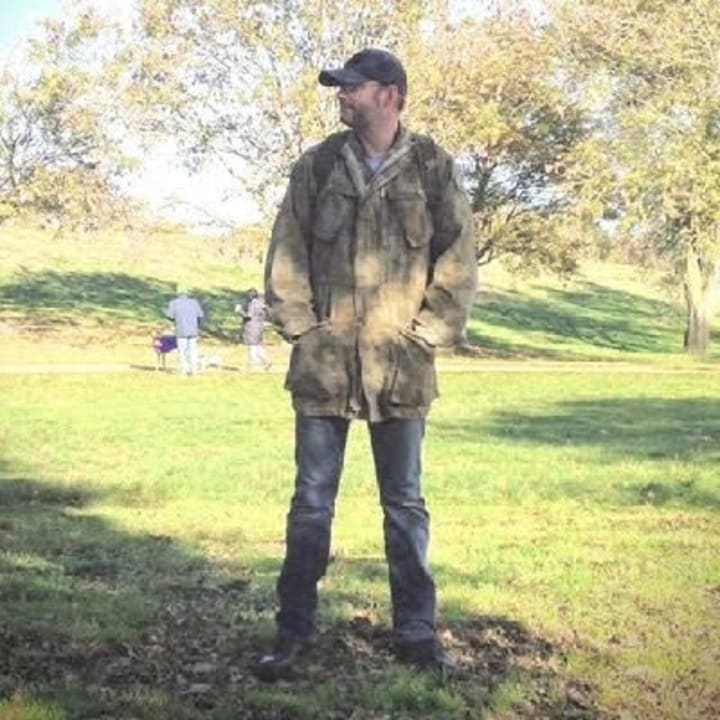
About the Creator
Justin “Jud” Haywood
Justin “Jud” Haywood is creating Stories about BPD/EUPD, the Military and life.

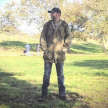
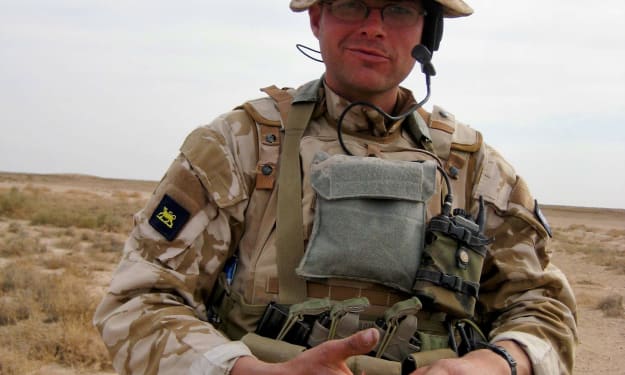



Comments
There are no comments for this story
Be the first to respond and start the conversation.